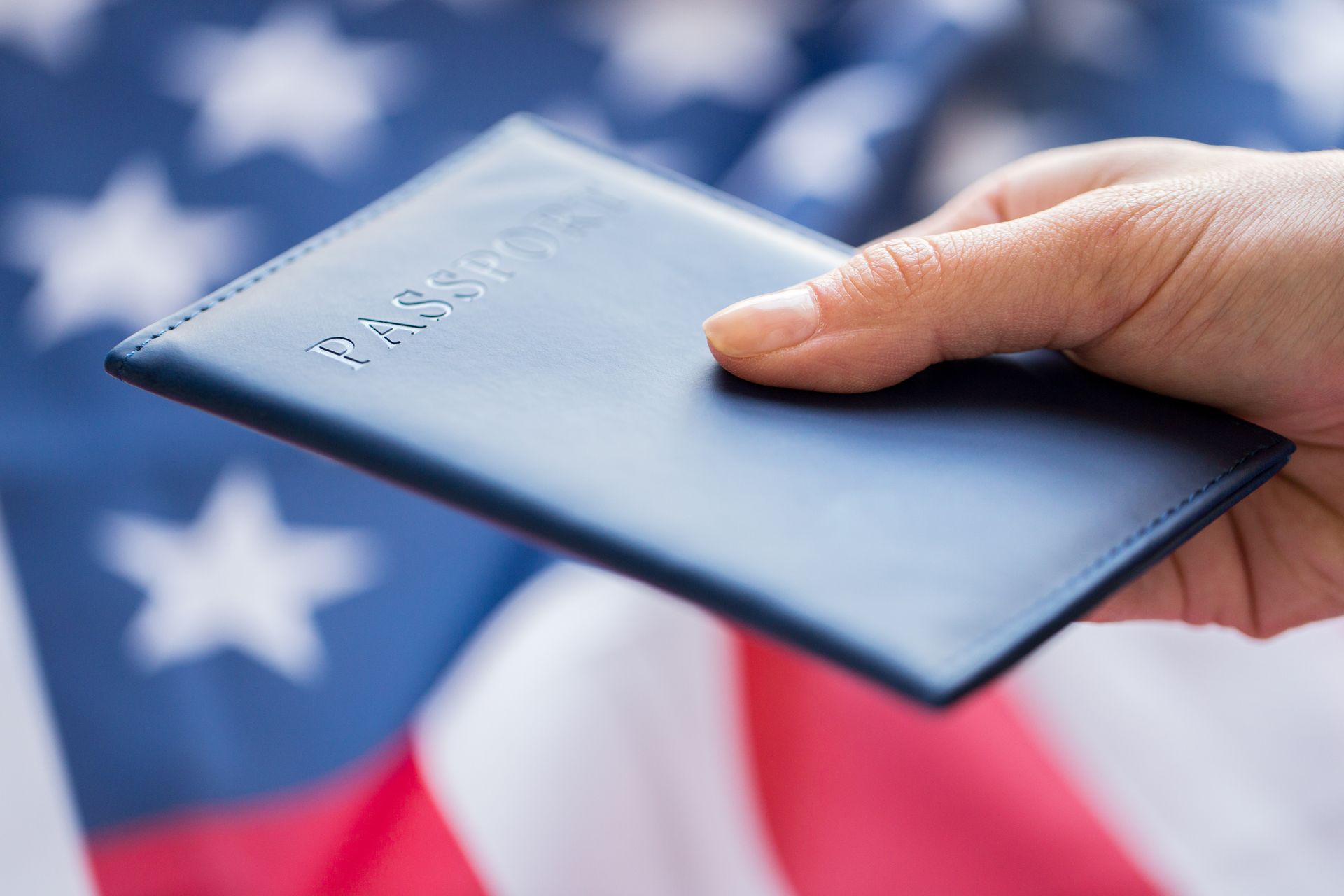ICE Operation Targeting Minors
ICE operation targeting minors
As many of you already heard, ICE is launching a nationwide operation today, Friday 10/3, reportedly named “Freaky Friday” that will target unaccompanied children aged 14 and older of all nationalities. AILA has received information from several trusted sources. We are confident this is happening (and is not a rumor). Here is what we know:
1. Children detained and released will be sent a “threat” letter from ICE threatening indefinite detention and immediate transfer to ICE upon age-out if they do not waive jurisdiction under the TVPRA and withdraw applications for relief, including withdrawing their request for admission with EOIR.
2. Children will be offered $2,500 to return to their countries of origin.
3. If children do not comply with the “offer”, the letter indicates their parents/family living in the US will be arrested.
4. ICE plans to detain all age-outs, and they anticipate legal challenges.
5. It is possible that the age threshold for this threat letter may be lowered to youth 10 years old and older.
6. ICE will first target detained children but will also target children released from custody.
Some private and non-profit legal service providers have suggested the following steps.
AILA will provide more information as we hear more.
1. Consider advising children out of custody of the possibility of receiving a letter.
2. Provide Know Your Rights (KYR) presentations to all children you are working with in custody as soon as practicable, advising them of this plan and their right not to sign anything without consulting their attorney.
3. File L-3 forms for all children in custody, as capacity allows.
4. If a child receives a letter, consider preparing a declaration that particularly highlights the manner in which this ICE letter was delivered (Was counsel present and able to advise? Was the youth able to ask questions? Etc.), evidence of coercion or intimidation, underlying fear of return elements related to child’s relief application. These declarations may help litigators challenge this practice.












